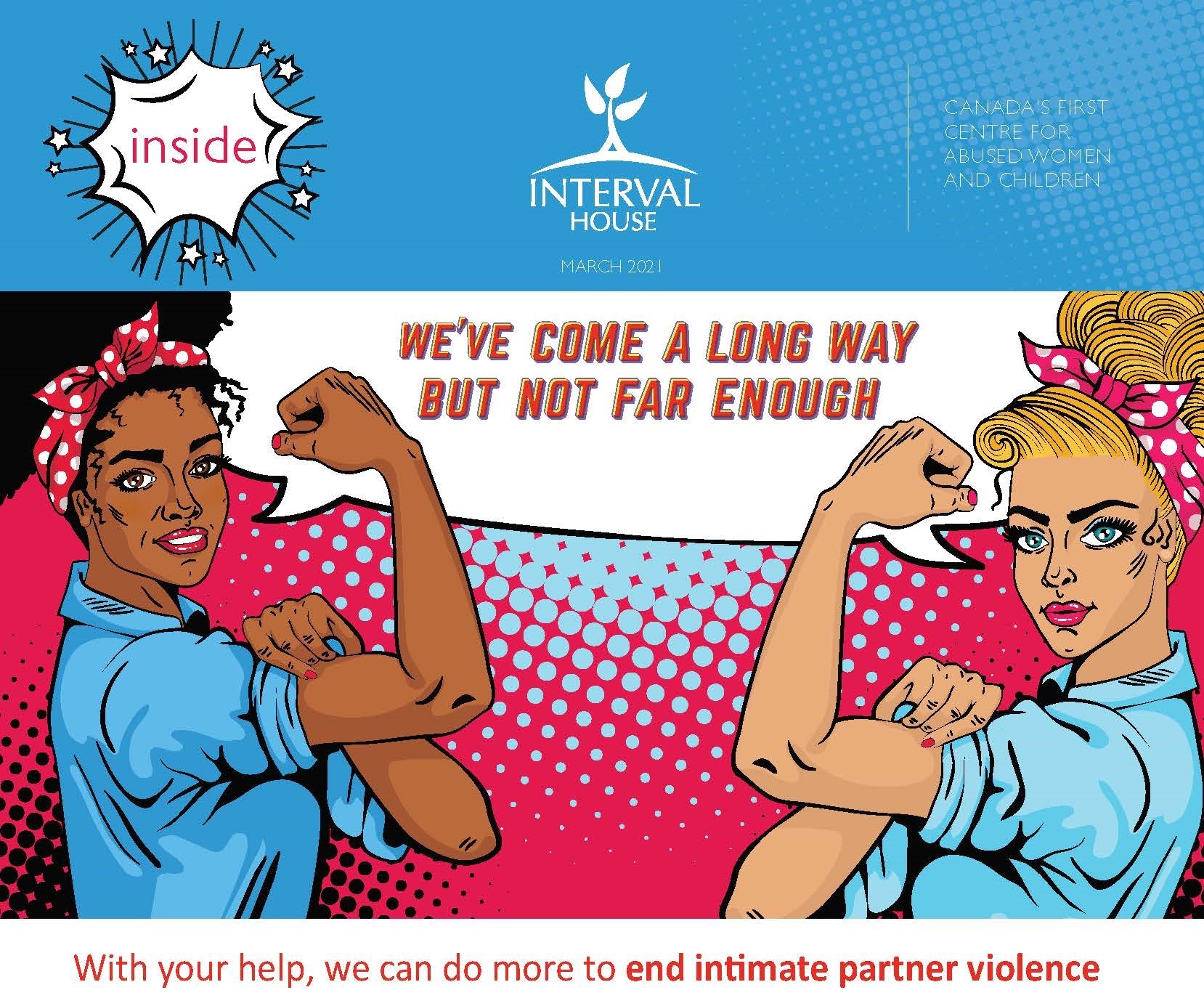
Victims of intimate partner violence entering the court system face a particularly challenging experience, overwhelming intimidation from being in court but also from the distinct challenges brought on by the nature of intimate partner violence. The Canadian court systems, by design, take power away from the survivor, making them relive traumatic experiences and having to defend their credibility to complete strangers, all while their abuser is innocent until proven guilty. In the case of intimate partner violence survivors, this trauma is compounded by other challenges such as the financial burdens of legal aid, further traumatizing their children and the stigma of coming forward about their abuse. The Canadian justice system needs to take greater responsibility for the historically unjust treatment of survivors of intimate partner abuse and better support women taking legal action against their abusers. Much of this support needs to be dedicated to offering assistance to survivors of intimate partner violence in court and holding repeat offenders accountable and serving justice where it is due.
The Canadian justice system and law enforcement have a long history of letting survivors of intimate partner violence down. One of the biggest signs of this failure to protect women is the lack of trust between law enforcement and survivors of abuse. Because of this lack of trust and care, there is a severe under-reporting of the incidences of intimate partner violence. Due to this, the true statistics on recidivism of offenders is unknown, but experts estimate that recidivism rates fall anywhere from 39% to 66%.[1] Additionally, two-thirds of households that report incidents of intimate partner violence to the police are not likely to report subsequent incidents of physical violence, speaking to the high rates of recidivism among abusers and the lack of confidence between families and law enforcement.[2] This lack of trust between law enforcement and abuse survivors speaks to the systematic betrayal of abuse survivors and the lack of accountability of abusers by the justice system.
Intimate partner abusers are a unique type of criminal. Many abusers also have other charges on their criminal records, not for abuse but rather for assault, property damages, and theft – crimes that have similar risk factors to intimate partner abuse but present differently to law enforcement. This allows for these abusers to face lighter sentences for their other crimes, while their abuse goes without punishment. Further, violent abusers are less likely to face justice; they are often released on bail and despite bail orders prohibiting contact between abusers and survivors, there is a high danger to victims for a potential re-assault by their abuser between arrest and trial.[3] This unfortunately is common in Canada as well as all over the world.
Law enforcement and the Canadian justice system owe survivors of intimate partner violence justice against their abusers and safety from harm whilst pursuing justice. What is needed is efficient communication to address the safety and security of families between abuse survivors and police services, and better funding for shelters and programs like Interval House to offer targeted and specific support to abuse survivors and their children.

[1] Jordan, C. E. (2004). Intimate partner violence and the justice system: An examination of the interface. Journal of interpersonal violence
[2] Gondolf, E. W. (2012). Physical tactics of female partners against male batterer program participants. Violence Against Women
[3] Scott, K., Heslop, L., Kelly, T., & Wiggins, K. (2015). Intervening to prevent repeat offending among moderate-to high-risk domestic violence offenders: A second-responder program for men. International Journal of Offender Therapy and Comparative Criminology

